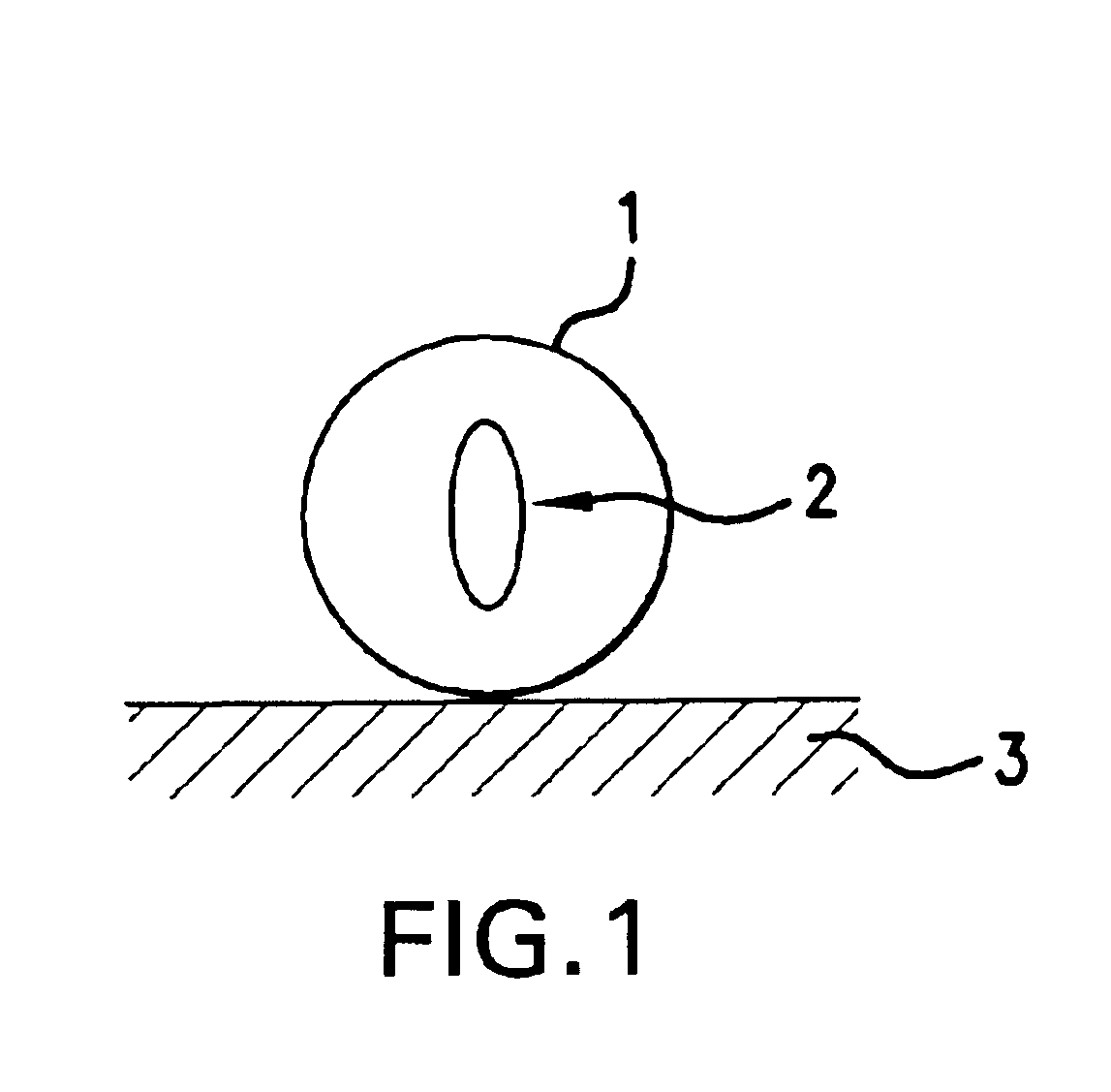Two-dimensional structural transition controlled by an electric field, memory storage device thereof, and method of making a memory storage device
a two-dimensional structural transition and electric field technology, applied in information storage, instruments, nanotechnology, etc., can solve the problem of often induced mechanism of structure change, and achieve the effect of broad applicability
- Summary
- Abstract
- Description
- Claims
- Application Information
AI Technical Summary
Benefits of technology
Problems solved by technology
Method used
Image
Examples
Embodiment Construction
[0050]The present invention utilizes a mono-layer, or sub-monolayer, of molecules that have a permanent dipole moment with a reversible structural transition property so as to provide novel high density memory devices, locally switchable mirror surfaces, locally switchable surface lubricants, lithographic applications for patterning molecular layers, and lithographic applications for substrate patterning. Thus, the present invention can also be used for the controlled change of local surface properties in a variety of different applications. Memory devices manufactured using a dipole layer in accordance with the present invention are electrically addressable thereby permitting effective reading and writing, and provide a high memory density (e.g. 1012 bits / inch2).
[0051]To facilitate an easy understanding of the present invention, certain terms used are defined below. Then, a class of molecules having permanent dipole moments and which show a reversible transition between different s...
PUM
| Property | Measurement | Unit |
|---|---|---|
| diameter | aaaaa | aaaaa |
| viscosity | aaaaa | aaaaa |
| thick | aaaaa | aaaaa |
Abstract
Description
Claims
Application Information
 Login to View More
Login to View More - R&D
- Intellectual Property
- Life Sciences
- Materials
- Tech Scout
- Unparalleled Data Quality
- Higher Quality Content
- 60% Fewer Hallucinations
Browse by: Latest US Patents, China's latest patents, Technical Efficacy Thesaurus, Application Domain, Technology Topic, Popular Technical Reports.
© 2025 PatSnap. All rights reserved.Legal|Privacy policy|Modern Slavery Act Transparency Statement|Sitemap|About US| Contact US: help@patsnap.com



